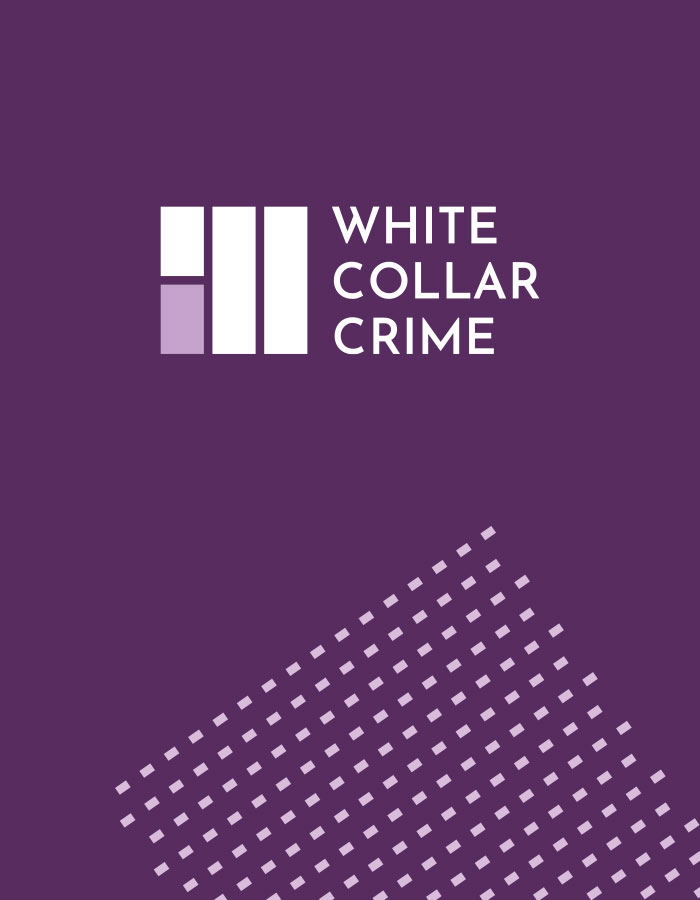Speed read: Recent reform of anti-money laundering law in the US has implications for the UK. Foreign bank account subpoenas and cross-border SAR sharing is permitted. There are, however, important differences between the two regimes in the areas of corporate and trusts transparency, whistleblower treatment and art world regulation. Enhancement of the AML whistleblower regime in the US in particular may attract UK persons to come forward in relation to AML breaches by US companies.
The US Anti-Money Laundering Act 2020 (AMLA) is a major step forward in global anti-money laundering law reform. Immediately it is clear that the legislation impacts banks outside of the US. Across the Atlantic, practitioners in the UK are advising on the consequences of the expanded powers given to US authorities to subpoena any records held by a foreign bank. With over 300 banks in the UK, there is potential for one of them to be on the receiving end of an application to freeze funds held in a US correspondent bank account for non-compliance.
The increased synergy between the UK and US AML regimes is also apparent. The planned Treasury launch of a cross-border Suspicious Activity Report (SAR) information sharing pilot means that UK banks will receive information from US subsidiaries and affiliates. Section 333B of the Proceeds of Crime Act 2002 (UK) already allows UK banks to share SARs within their group, including with entities overseas but the US pilot will see this reciprocated. Enhanced cross-border sharing means that banks will be better able to safeguard against risk. It is also valuable to enforcement authorities as US information could be fed into ‘super SARs’ submitted in the UK in time to come.
The reforms in the US are of interest as in the last three years the UK has bolstered its own AML laws and introduced new powers to tackle criminal finance. There are, however, important differences in the approaches taken by the US and UK. This is especially the case in the areas of beneficial ownership transparency, whistleblower treatment and regulation of the art world.
Transparency
In 2016, the UK was the first country in the OECD to introduce a public beneficial ownership register of companies. The Persons of Significant Control (PSC) Register, searchable online, records the beneficial owners of UK companies but there have been complaints of inaccuracy and updating backlog. The extent of the problem is reflected in the express legal requirement that an AML-regulated person cannot solely rely on the PSC Register when carrying out Customer Due Diligence / Know Your Client checks. In 2017, the UK also introduced a non-public beneficial ownership register for trusts. The disclosure obligations are wide-ranging, requiring full details of the persons behind the trust, assets and professional advisers. Presently the register is available to law enforcement and captures trusts with a UK tax liability. However, in the next 12 months the UK will expand it to all UK trusts and enable persons with a “legitimate interest”, such as journalists and NGOs, to access information held. Unsurprisingly, there have been concerns about the disclosure of private information. In parallel, Westminster is carefully considering the introduction of a beneficial ownership register for land. The approach differs considerably to that in the US. AMLA introduces a companies register only which is subject to important exceptions. The information is held by law enforcement and third-party access is not contemplated.
Scope for UK whistleblowers to benefit in the US
The enhanced AML whistleblower incentive program which is a key component of AMLA also does not reflect anything in existence in the UK. The program provides for an AML whistleblower to collect up to 30% of the sanction imposed on a company where it is over $1 million. In the area of whistleblower incentive, the UK is undoubtedly lagging behind the US. Although there are robust whistleblower protections, there is no formal reward program for AML breaches or any other form of offending. In practice, whistleblowers come forward in, for example, tax investigations but do so in the absence of any likelihood of reward or transparent criteria for calculating rewards. Hefty fines for AML breaches are being imposed in the UK, including most recently £23 million on an international money service business, but the value of informants to future investigations is yet to be harnessed. A whistleblower’s motivations may be varied but the prospect of a sizeable reward in the US raises the possibility that there will be more UK-based persons blowing the whistle on AML breaches where a US company operates internationally.
Art world regulation
Finally, art dealers in the US have been excluded from AML regulation in the US for now but their UK counterparts have been subject to regulation since 2020. “Art market participants” which conduct transactions to the value of 10,000 euros or more must register for AML supervision with Her Majesty’s Revenue and Customs, undertake a risk assessment of their business as well as their individual customer and carry out careful due diligence. The definition is wide, capturing galleries, auction houses, dealers and artists. Regulation is directed at breaking down the culture of secrecy in the art world but in practice, smaller art participants have a considerable way to go in developing AML processes and appreciating the extent and force of the legal requirements.
AMLA has implications for banks and prospective AML informants in the UK and there is much to be gained from being across both the US and UK AML regimes One practical point is that Customer Due Diligence/Know Your Client and reporting requirements in the UK are more extensive than those in the US even with the recent reforms. Top-up due diligence will be required when a client is referred from the US. Separately, the UK’s move towards beneficial ownership registers provides an insight into how they work in practice and can act as a catalyst for further transparency reforms. Once light is shone on one area, inevitably there will be calls for it to be shone on others and for access to information to be broadened. Additionally, from the UK perspective, the whistleblower incentive scheme in AMLA deserves attention from authorities serious about investigating AML breaches. The UK has long held out against a transparent and formal reward program but discussion about how it could work in an AML context and more broadly is overdue.
…
Bright Line Law specialises in anti-money laundering advice and representation. The legal directories Chambers UK and Legal 500 rank Jonathan Fisher QC, lead counsel and founder, in Band 1 and Anita Clifford, barrister and principal associate, as a leading junior/up and coming junior for Proceeds of Crime Act 2002 and Asset Forfeiture work. Bright Line Law accepts instructions from firms and directly from companies and members of the public.







